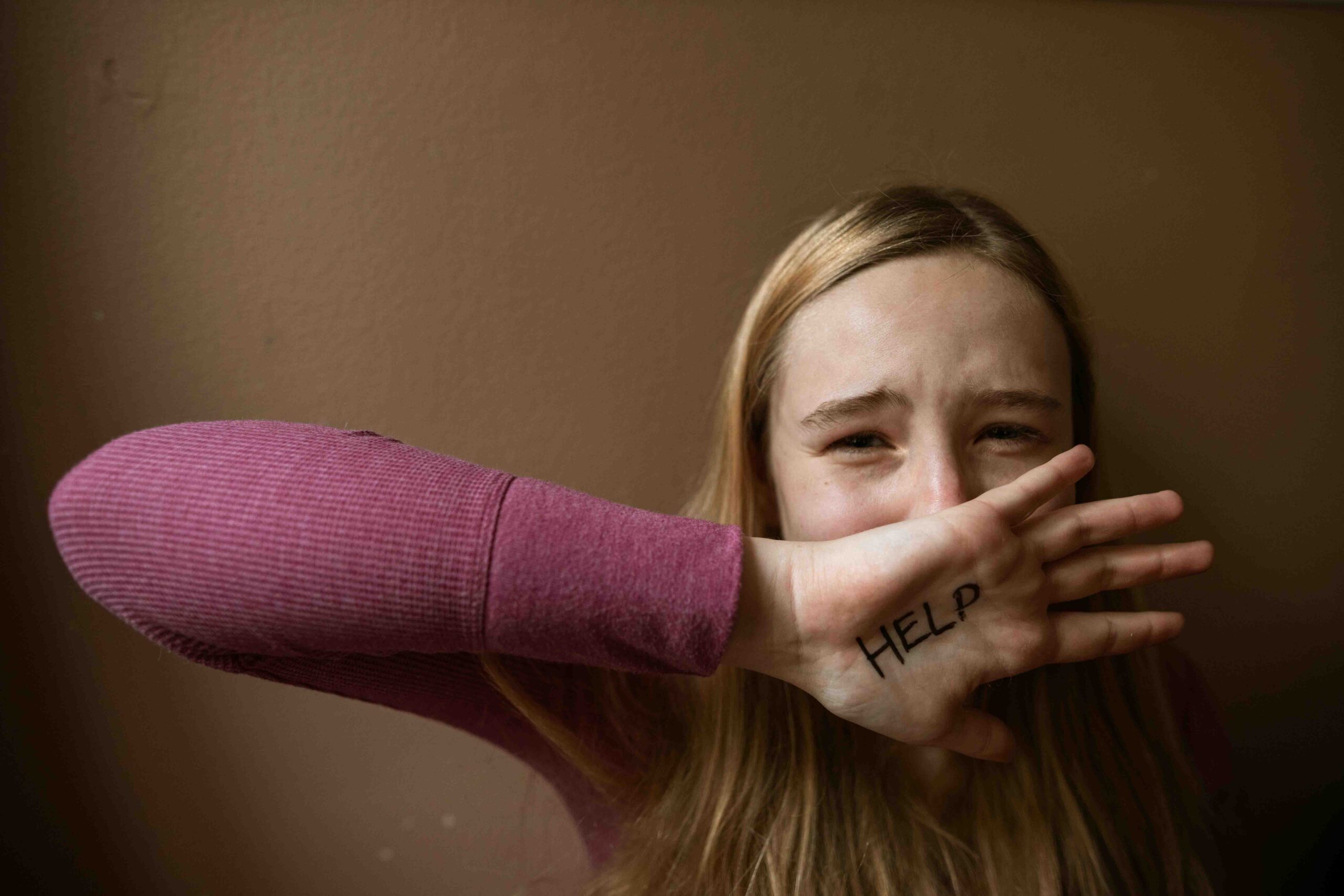Key Triggers for Drug Abuse in Women
Cultural and Social Factors
Cultural and social factors are a major factor that causes women to turn to drug abuse. There are a lot of high expectations placed on women in terms of how they should act, look, and fulfil their duties in society.
These expectations can create intense stress and anxiety, leading to substance use as a coping mechanism.
The drive to maintain a perfect façade or to juggle the responsibilities of being a caregiver, professional, and homemaker can be overwhelming. In some cases, women turn to prescription drugs like sedatives or stimulants to manage these pressures or to alcohol as a temporary escape from daily stress.



The impact of social media
The media’s impact on women’s perceptions of themselves and their self-worth only makes matters worse. Media portrayals of women in an idealised light can have a negative impact on self-esteem and body image, which in turn can lead to substance abuse. Some women seek solace in drug use as a means of coping with feelings of inadequacy and depression brought on by the prevalence of personal accomplishments and aesthetics on social media platforms.






